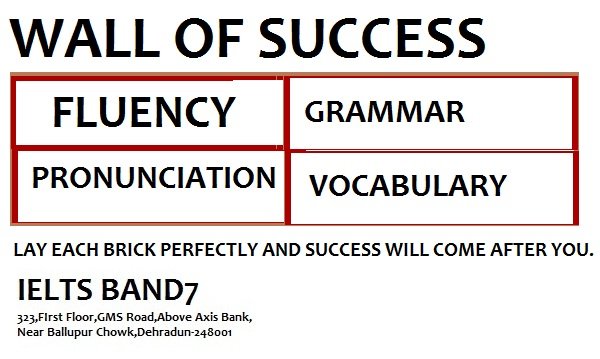Band 9 Decoded
Have you ever wondered what goes behind these bands? What does the British council means when it says you got a band 9 or a band 7? What is the difference? Why do we want to be in band 9 or a band 8? And more importantly what does it takes to be in a band 9? What skills I you require?
Well, you are right. Certainly, there are some skills required if you want to be in band 9. There are rather three parameters on which you are checked. So without further ado, let’s begin.
FLUENCY AND COHERENCE
You are required to speak fluently with only rare repetition or self correction. Although there could be some hesitation, but that is content related rather than to find words or grammar. You are expected to develop topics fully and appropriately.
LEXICAL RESOURCE
A band 9 uses vocabulary with full flexibility and precision in all topics. A band 9 uses idioms most naturally and accurately. You must use full range of structure naturally and appropriately. Band 9 posses’ characteristics of a native speaker. What do you mean by the characteristics of a native speaker? Well a native speaker would use structures more accurately and more precisely.
PRONUNCIATION
The best way to judge if you have good pronunciation or not is whether the examiner can understand you without any efforts. So, you have to work on that. Speak in a way that people can understand better. More importantly, a band 9 speaker ought to maintain the fluency throughout i.e. pronouncing words should not bother them.
So go on, work hard. More importantly work smart. Don’t work on things that shouldn’t bother you in IELTS. Work on the above parameters. And remember, if you decide to get a Band 9 in IELTS, you surely can.

